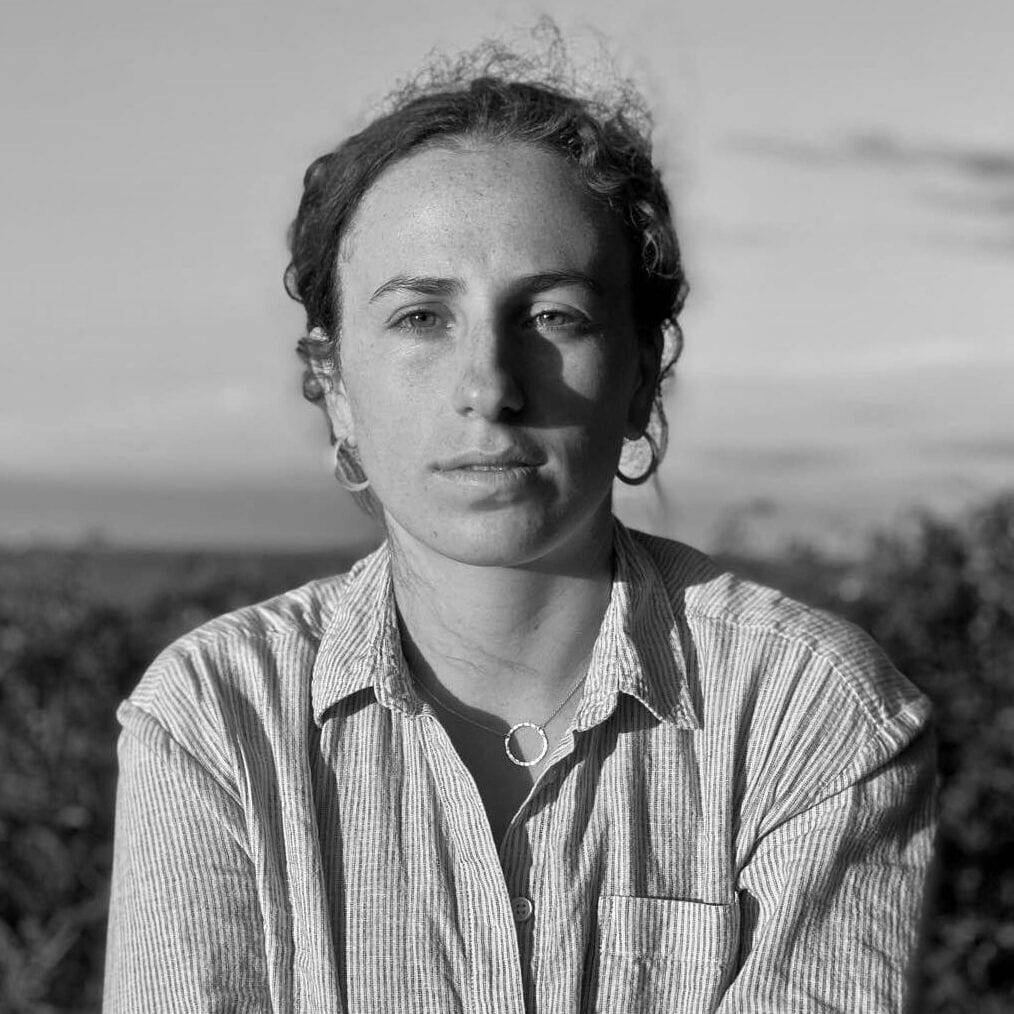Lebanese author Naji Bakhti’s debut novel is timely even though it is set in 2006. Touching on issues of adolescence, sectarianism, culture, conflict and emigration, Between Beirut and the Moon is as relevant for Lebanon today as it would have been fourteen years ago.
The novel’s teenage protagonist Adam often takes shelter from Israeli bombs in his family’s bathroom; entirely fitting in 2006. However, he could just as easily be sheltering from events that have ravaged Lebanon in 2020, such as the massive explosion on 4 August.
A few paragraphs into the novel, Bakhti, 29, tries to explain the chaotic, unpredictable nature of Beirut through a light-hearted anecdote, but given recent events his words have taken on greater meaning. “For example, ‘mother and father’ is a colloquial phrase used in Lebanon to express the idea of something whole or complete. The force of the explosion knocked the man — mother and father — right out of the window, as happens to men in Beirut occasionally; or the building collapsed, mother and father, to the ground, as buildings in Beirut occasionally do.”
Bakhti recognises that his novel is timely, though he is quick to insist that this was unintentional. “It doesn’t give me any real pleasure… I have mixed emotions,” he tells me quietly down the phone from Beirut.
#Not_Cooking_on_Sunday trends as Lebanese mock minister over sexist comments
The novel’s continued relevance, he admits ruefully, “shows that [Lebanon is] still in the same cycle. The book was written about 2006, but the fact that it sounds very relevant at this point in time shows that we are in an unending cycle of destruction, despair, hope and rebuilding.”
However, while Bakthi wishes that the book was not so relevant to Lebanon today, the fact that it chimes with the current reality in the country is a triumph in itself.
The author explains that the novel is permeated by a sense of melancholy, especially towards the end, as many of Adam’s friends, family and fleeting girlfriends emigrate. This experience of love and loss, Bakhti explains, is one which is lived by much of Lebanon’s youth.
“You have to grow accustomed to the fact that people aren’t around forever in this country. In the beginning, it is a shock of sorts, but part of growing up here is learning to understand quickly that leaving Beirut is almost a rite of passage for the people who are privileged enough to be able to.”
![Between Beirut and the Moon book cover [Influx Press]](https://i0.wp.com/www.middleeastmonitor.com/wp-content/uploads/2020/11/Beirut_Sales_Cover.jpg?resize=920%2C1412&ssl=1)
Between Beirut and the Moon book cover [Influx Press]
Through Bakhti’s narrator Adam, the novel shows us how these bittersweet and melancholy emotions are intertwined with coming of age in Beirut and how they naturally affect emigration decisions. Part of this effect was achieved because the novel is written in English. Writing in a foreign language, says Bakhti, created a linguistic distance and freedom from topics, such as the Lebanese civil war, which are often seen as taboo. “When you write in Arabic, sometimes a lot of subjects are too close to home to write about, especially with Beirut and the war.”
Samandal: Lebanese graphic novelists rise from the ashes
Moreover, making the narrator speak in English meant that Adam could plausibly explain the minute details of life in Beirut. “I made the decision that the narrator would speak in English and be aware he was speaking in a foreign language. By that logic, he would be speaking to a foreign readership and would have to Arab-explain or Lebanon-explain to the audience what is going on.”
Forcing the protagonist to explain events in the novel to a foreign audience, Bakhti hopes, will help the reader to understand Lebanon better and why Lebanese so often chose to emigrate. “Only by doing that could Between Beirut and the Moon really ring true and reach the intended audience. It’s a story from Lebanon, about Lebanon. From here to the rest of the world, rather than the other way around.”
However, Bakhti laments how often this has not been the case and how stories from Lebanon have rarely been afforded the platform they deserve. “It’s about time for the Lebanese to reclaim our narrative.”
Between Beirut and the Moon is a novel which hopes to do just that and reposition the discourse away from fabled resilience and the accompanying mythology of a phoenix rising from the ashes.
“If there is any metaphor to be used here,” Bakhti tells me, “it would be that of the cedar tree with its roots firmly in the ground in the mountains of Lebanon year after year and resisting everything nature throws at it. That’s the kind of resilience that you want, the one that has roots that are developed over time, not the soaring rising phoenix that eventually has to go back to the ashes.”
Between Beirut and the Moon was published by Influx Press on 27 August and is available to buy here.

![Lebanese author Naji Bakhti [Influx Press]](https://i0.wp.com/www.middleeastmonitor.com/wp-content/uploads/2020/11/1-1.jpg?fit=920%2C613&ssl=1)







